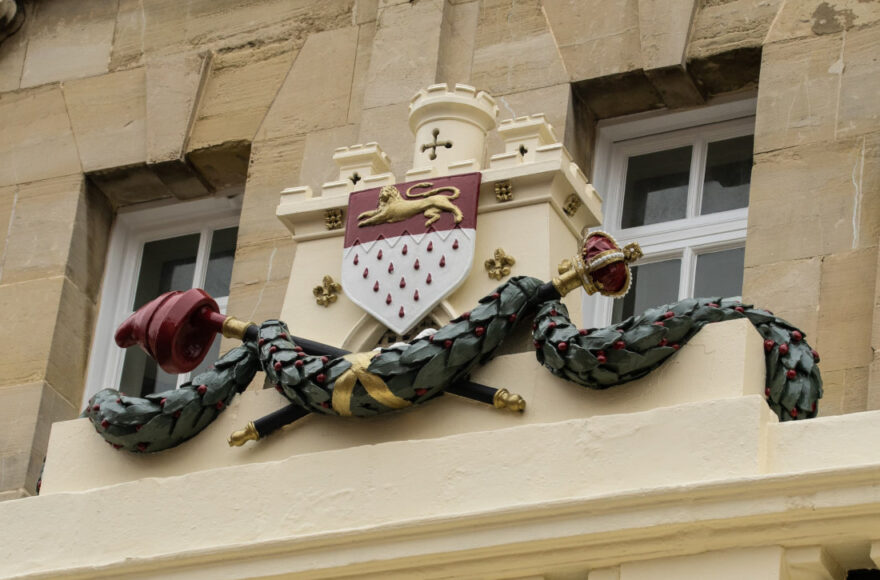If you have been gifted a property or have acquired one at a significantly reduced price, you may wonder at your good fortune. What you may not have considered, however, are the potential implications of the Insolvency Act 1986 (as amended by the Insolvency Act (No 2) Act 1994) and its long-reaching impact.
If at some point in the chain of title, which includes all previous sales, the property has been sold for a sum significantly below its market value – or for nothing – the transaction could be set aside. If the seller was an individual declared bankrupt under Section 339 of the Act, the transaction can be set aside at any time within the five years immediately preceding the current transaction. If the property was sold by a company, on the firm’s insolvency the sale can be set aside within the two years preceding the date of the current transaction.
The Insolvency Act not only has implications for the beneficiary of gifted property or the purchaser of bargain-priced property – future owners of such property can be caught out as well. However, if you should find yourself in such a situation, all is not lost. A buyer who buys from a seller other than the insolvent donor, for value and in good faith, is generally protected under the Act – so to protect yourself you should always instruct full due diligence.
One of the tests in establishing whether a buyer has acted in good faith is whether they had notice of the bankruptcy or insolvency. To reduce the risk, the buyer’s solicitors should carry out a bankruptcy search against the seller to ensure no bankruptcy notices are registered.
It is useful when assessing potential undervaluation to refer to Land Registry register of title that may note the purchase price originally paid by the seller – thought should be given to any disparity that cannot be explained by extraneous factors such as market trends.
If lenders are involved in your purchase, you may find they are reluctant to lend if the property’s history includes an undervalued transaction. Risk can be mitigated to some degree, both for you and for your lender, by obtaining indemnity insurance to cover a donor’s potential insolvency, although whether this is acceptable to your lender will depend on the specific conditions of your lender.
For more information on property law or for dependable legal advice and support with your property transaction, contact the George Ide team on 01243 786668 or email us at info@georgeide.co.uk.
Aimee Ellery. Partner, Commercial property department.
Contact Our Friendly Legal Experts Today
For general enquiries or to discuss more specific needs in personal or commercial law please get in touch with a friendly member of our team today.
Latest News

All You Need to Know About Contentious Probate

Myth busting Mediation - What is it, and how can it help?

Your Quick Guide to End of Year Tax Planning

Court Claims & the Limitation Period

How the Court of Protection Works and the Role of a Deputy








